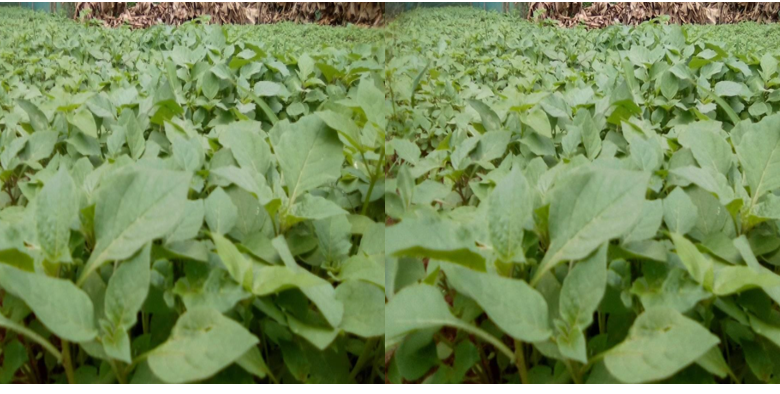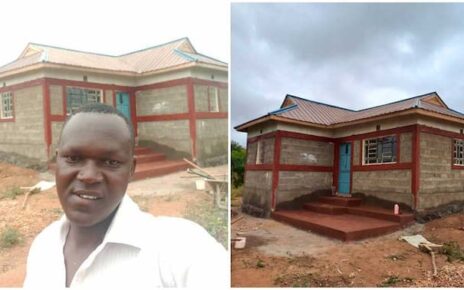If you’ve ever had the opportunity to savor the unique flavors of indigenous East African vegetables like managu, sagaa, mrenda, and terere, you’re well aware of the delectable experience they offer. James Shikwati, a dedicated Kenyan farmer, has managed to turn this culinary delight into a profitable venture by exporting these vegetables to the USA and Europe. It’s not merely about producing mouthwatering dishes; it’s a testament to the blend of skill and determination that James brings to the forefront. This blog post delves into James’ distinctive approach to transforming his farm into an exportation powerhouse.
Located in Shihanda Mumias, the Inter-Region Economic Network Growth Pad Limited (IREN) is a hub of activity. Conceived by James Shikwati, an enterprising farmer who has consistently excelled in agricultural exports, IREN represents the embodiment of his vision. James, having spent nearly a year in Europe, reminisced about the traditional home-cooked food he grew up with, igniting the spark for an ingenious business idea. He envisioned exporting the food he cherished and other East African delicacies to countries worldwide.
James collaborates with local farmers, procuring their produce in large quantities, subjecting them to a meticulous process of drying and packaging for international distribution. This meticulous approach guarantees that his customers receive nothing but the finest quality. James underscores the comparative advantage of African vegetables, highlighting their shorter value chain in contrast to exotic counterparts like carrots and French beans. For these indigenous vegetables, the journey from farm to market is remarkably direct, leaving farmers with limited opportunities to increase their earnings. IREN aims to alter this dynamic by assisting small-scale farmers in extending their value chains. James actively supports these farmers in optimizing their labor and inputs while providing a market for their products.
In terms of sourcing, the organization boasts a vast network spanning over 14 counties in Kenya. The process commences as the vegetables are procured from local farmers, weighed, and the farmers compensated based on weight. The subsequent steps entail the meticulous plucking, removal of leaves and unwanted elements, and a secondary weighing to ascertain the clean product weight. Following this, managu, sagaa, mrenda, and terere undergo a thorough washing in hot and cold water before being subjected to solar drying. The company employs more than 30 skilled women who contribute to this process and are trained in quality control. IREN relies on indigenous technology to ensure the absence of chemical additives, maintaining the organic integrity of the vegetables.
Penetrating the American market poses its own set of challenges. American consumers are accustomed to green vegetables readily available in supermarkets. James, however, has managed to bridge this gap by meeting local standards. Over the two years of its operation, IREN has successfully delivered its products to Europe, the Middle East, and America. However, along with success, come obstacles. James acknowledges that the limited supply of traditional vegetables is one such challenge, as many farmers have shifted away from these crops due to their historically low returns. To counter this, James and his team are focusing on helping small farmers access improved inputs and providing them with training on labor and production management. James is resolute in his belief that his business model will enhance food security in East African countries and create more economic opportunities for local farmers. His unwavering commitment to quality and passion for exporting local foods have already made a significant impact in the lives of many. He aspires to expand this mission to other African countries, ensuring that more people can benefit from his noble cause.



